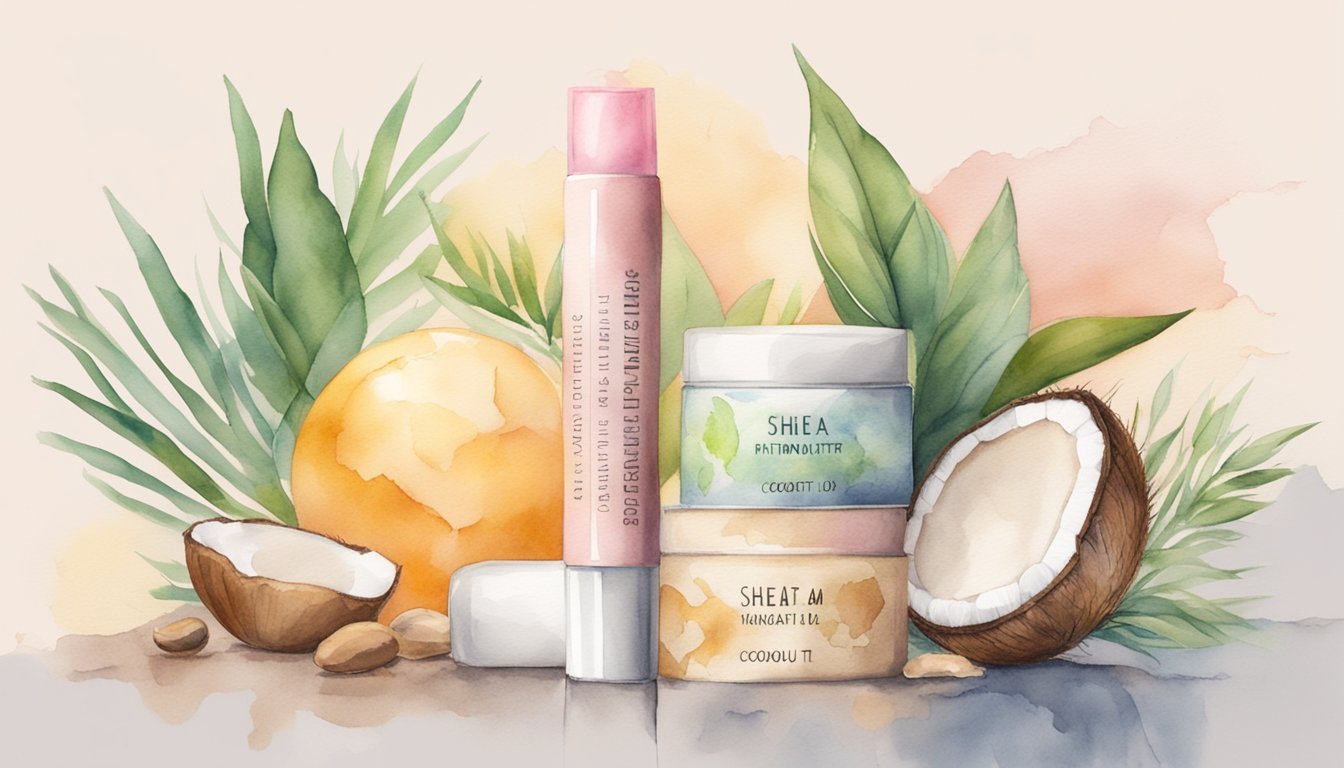Understanding Dry Lips
Dry lips are a common concern and can be caused by a variety of factors, ranging from environmental to physiological. Recognizing the causes and symptoms is crucial for addressing this uncomfortable condition and preventing further complications.
Common Causes of Dry Lips
Dry lips can result from numerous factors. Exposure to dry air often strips moisture from the lips, while habits such as frequently licking your lips can exacerbate dryness. Dermatologists highlight that dehydration is a prevalent cause, as not drinking enough water affects your lips’ ability to retain moisture. Dietary factors, including vitamin deficiencies, and certain medications like those for acne can also lead to dryness. Additionally, underlying skin conditions, such as eczema or contact dermatitis, can trigger chapped lips, as can allergic reactions to ingredients in lip products.
Recognizing Symptoms of Dry or Chapped Lips
The symptoms of dry or chapped lips are often hard to ignore. They include a rough texture, cracking, and in some cases, burning or stinging sensations. Peeling of the lip skin might also occur. If one notices the corners of their mouth becoming inflamed – a condition known as angular cheilitis – it might be indicative of chapped lips that have worsened or become infected. In some cases, persistent dryness and cracking may lead to bleeding, making everyday activities like eating or speaking uncomfortable. It’s important to stay hydrated and use lip balms with soothing ingredients to prevent further irritation. Interestingly, just like how people search for remedies for chapped lips, many pet owners often wonder why cats lick then bite—a behavior that can indicate affection, playfulness, or overstimulation.
Potential Complications From Chronic Dry Lips
If dry lips persist, they may lead to more serious issues. Persistent dryness can cause the lips to become deeply cracked, which can potentially get infected. Chronic lip dryness can also have a significant impact on daily activities like eating or speaking and might lead to secondary skin conditions, such as persistent eczema or infections. It is important for individuals to be aware of these potential complications and seek treatment to mitigate them early on.
Effective Treatment and Prevention

Treating and preventing dry lips involves a combination of professional advice, daily self-care practices, and selecting appropriate lip care products. Getting to the root cause is crucial for long-term relief, and a variety of methods can help keep lips hydrated and protected against harsh environmental conditions.
Consulting with a Dermatologist
Seeking medical advice from a dermatologist is advisable, especially if you have persistent dryness, cracking, or inflammation that does not improve with over-the-counter products. They can diagnose underlying conditions such as actinic cheilitis, which is a precursor to skin cancer, or other issues that may require specific treatments such as prescription creams or antibiotics.
Self-Care Tips and Home Remedies
To maintain healthy lips, self-care is essential. Staying hydrated by drinking plenty of water prevents dehydration, a common cause of dry lips. Using a humidifier in dry indoor environments can add moisture to the air, reducing the risk of chapped lips. It’s also important to avoid licking your lips and picking at peeling skin, which can lead to sores or infections.
- Hydration: Drink adequate water daily
- Humidifier: Use in dry indoor conditions
- Avoidance: Refrain from licking or picking at lips
Choosing the Right Products for Lip Care
Selecting the correct lip care products can prevent and treat dry lips effectively. A moisturizing lip balm that contains ingredients like shea butter, ceramides, or glycerin can help to restore moisture. Choose products with sun protection, specifically those with SPF 30 or higher and ingredients like zinc oxide or titanium oxide to shield lips from UV rays. Always opt for fragrance-free and hypoallergenic options to minimize the risk of irritation.
- Moisturizing Ingredients: Look for shea butter, ceramides, glycerin
- Sun Protection: Use products with SPF 30+, zinc oxide, or titanium oxide
- Hypoallergenic: Choose fragrance-free products to avoid irritation

